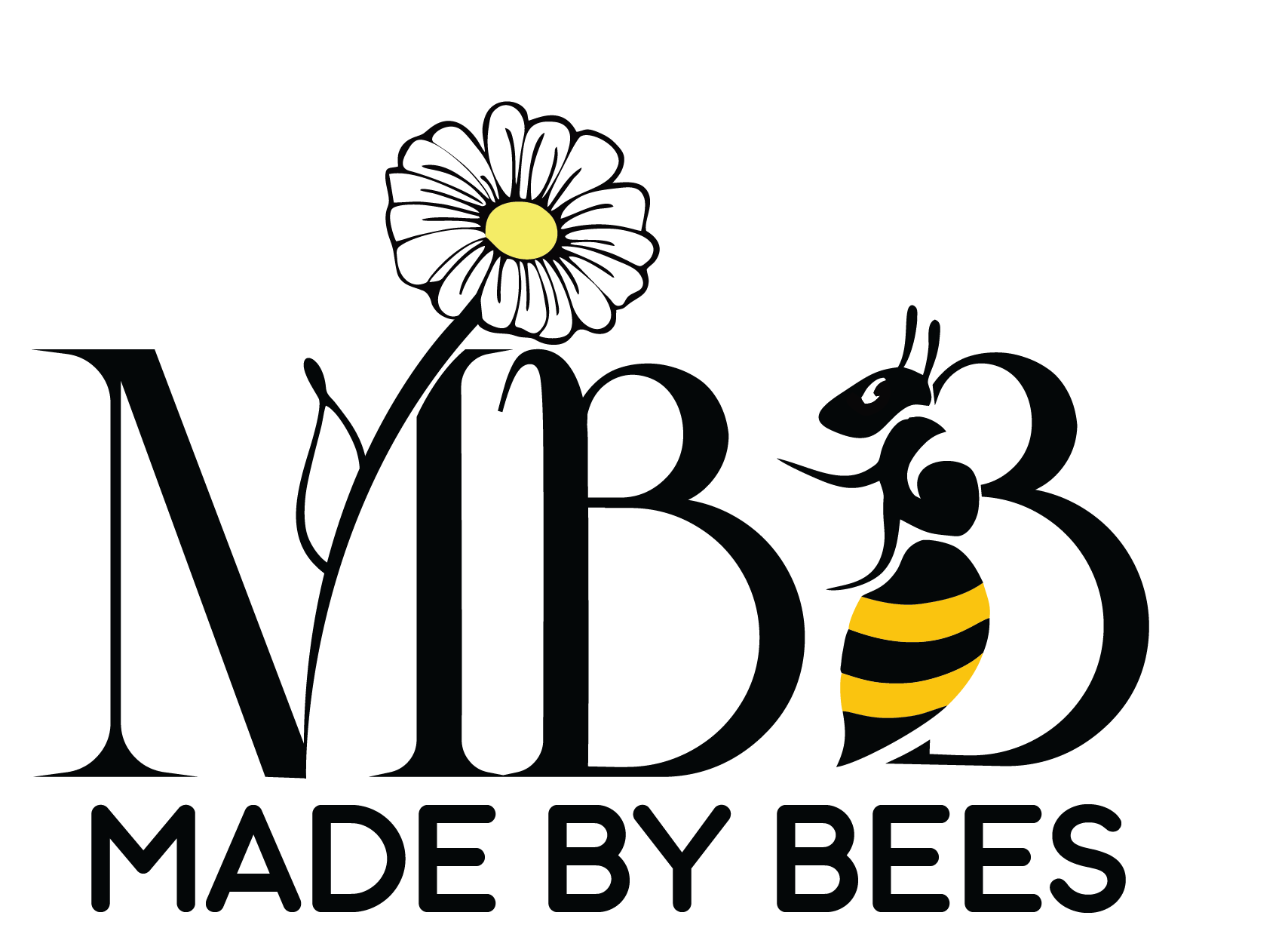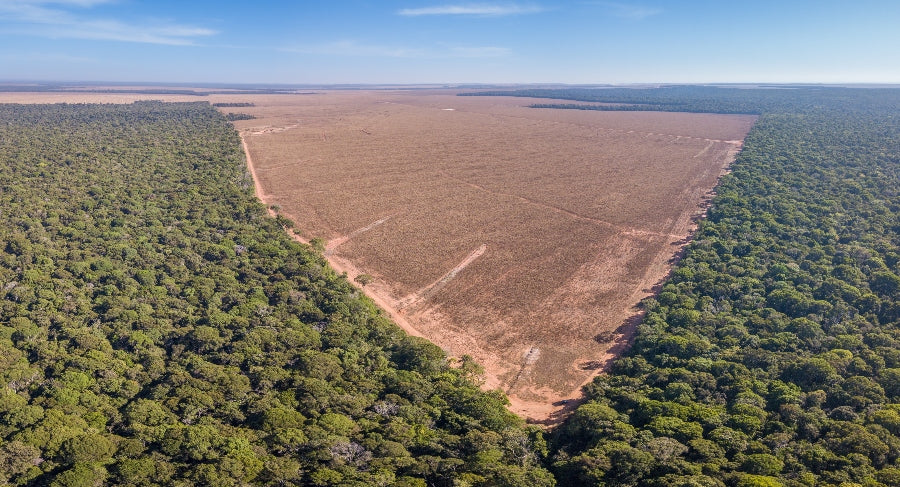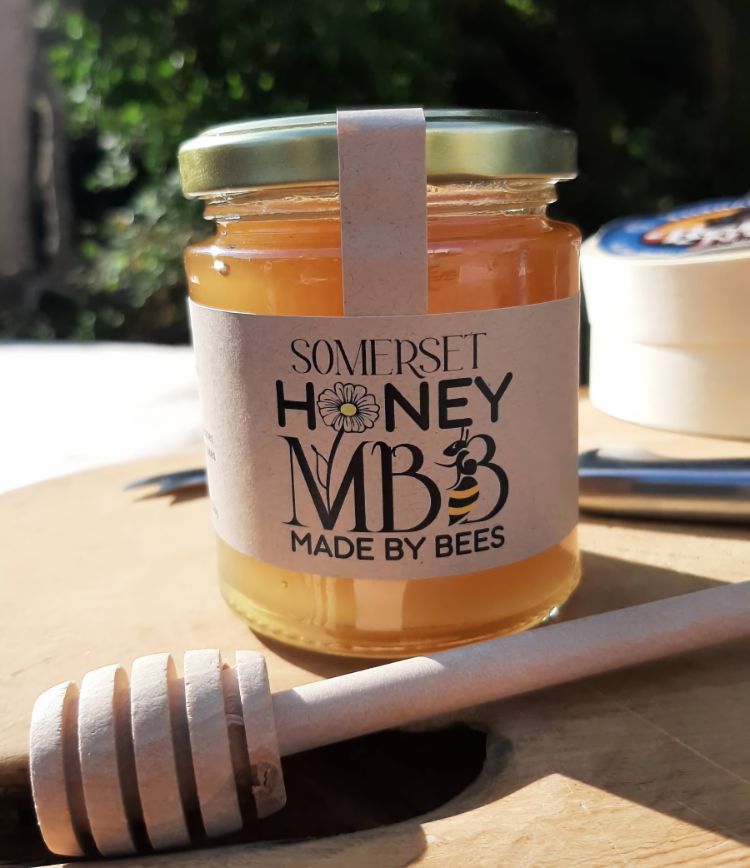SOY CANDLES AND DEFORESTATION - WHY YOU SHOULD BURN SOY-FREE!
Soy wax, a Vegan alternative and 'eco-friendly' is anything but environmentally friendly. Production of soy wax is linked to deforestation of the Amazon Rainforest and other sensitive ecosystems.

Image shows - Deforestation in Brazil for soy wax production.
Pesticides and herbicides in soybean farming are a major environmental concern. These chemicals contaminate water supplies and harm non-target species, contributing to ecosystem imbalance. Over 80% of soybeans grown in the U.S. are genetically modified to withstand glyphosate, a herbicide known for its environmental and health risks. This widespread use of glyphosate has led to its detection in water supplies and human bloodstreams.
What is so bad about soy wax for the environment?
Despite its eco-friendly reputation, soy wax has huge environmental implications, including:
- Deforestation: The expansion of soybean farming has contributed to deforestation, particularly in sensitive ecosystems like the Amazon Rainforest. This contributes to biodiversity loss and exacerbates climate change by releasing stored carbon dioxide when forests are cleared.
- GMOs and Pesticides: A significant portion of soybeans grown globally are genetically modified and may involve the use of pesticides, raising concerns about environmental and health impacts.
- Monoculture Farming: Large-scale soybean cultivation often involves monoculture practices, which can deplete soil nutrients and reduce biodiversity.
- Soil Degradation: Continuous soy cultivation in the same areas leads to soil erosion, reducing soil fertility and increasing the risk of flooding and pollution. This degradation impacts the land's agricultural value and the surrounding natural ecosystems.
- Greenhouse Gas Emissions: The equipment used in land clearing for soybean cultivation and processing soybeans into wax emits millions of tons of greenhouse gases, contributing to climate change.
- Water Pollution: The extensive use of pesticides and fertilisers in soy farming contaminates water sources, affecting aquatic ecosystems and human health.
- Socioeconomic Impacts: The expansion of soy cultivation areas can displace local communities and small-scale farmers, leading to social unrest and the unethical treatment of workers
Although beeswax is considered non-vegan and more expensive as it’s made by bees and can’t be hurried or mass produced. Beeswax will prove a better investment not just for your pocket but for the environment too. A beeswax flame burns brighter and hotter with a golden halo, but the wax also burns more slowly and, therefore, lasts longer than other types of candles. They are also the only candles to have health benefits too!
Vegans oppose exploitation of all creatures and rightly so, however bee-centric beekeeping works in harmony with the best interests of the bees. Beeswax candles are a sustainable resource and have a beneficial impact on the environment as beekeepers encourage planting of trees, shrubs and flowering plants, beekeepers discourage the use of pesticides and herbicides.
Some benefits of burning beeswax candles include:
-
Improved sleep
-
Reduced levels of stress and anxiety
-
Improvement in mood
-
Increased focus and concentration
-
Relief from headaches and sinus congestion
-
Reduction in symptoms of asthma and allergies
Beeswax candles are not only beautiful and subtly fragrant, they offer a range of health benefits. So, the next time you are feeling stressed out, mind your beeswax and light a made by bees, beeswax candle to improve your mental health and help purify the environment around you.
Here's the clever part...Beeswax candles emit negative ions when lit. Negative ions bind with particulate matter in the air such as dust, pollen and mould spores, purifying the air around them. In contrast, paraffin candles release nasty chemicals such as toluene which is a benzene derivative, a known carcinogen for humans, along with *PM2.5 and PM10 (fine particulate matter), particles small enough to be inhaled by the lungs and induce adverse heath effects.






Share:
Stress management techniques
A national “butterfly emergency”